Amidst the midsummer splendor of the Apennine Peninsula, the College of Surveying and Geo-Informatics officially commenced its 2025 Italy Summer School Program. In July 2025, a delegation of 16 undergraduate students from the 2022-2024 cohorts, accompanied by Professors Lu Ping and Liu Sicong, embarked on a 10-day enriching research and learning journey. Collaborating with scholars from Tongji University’s Florence Overseas Campus and the University of Florence, participants engaged in in-depth exchanges on topics including Renaissance art, 3D reconstruction of historical architecture, and remote sensing monitoring.
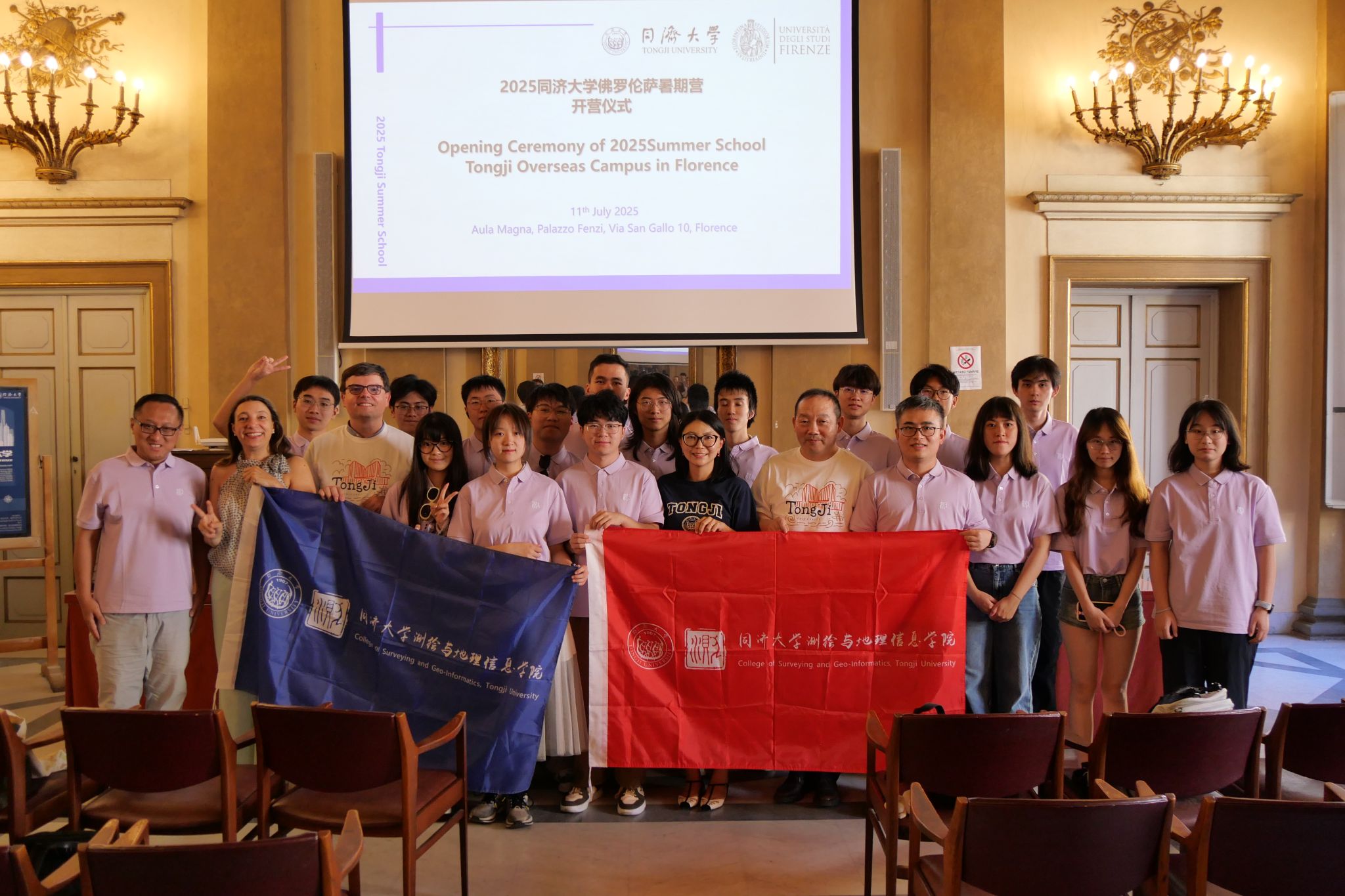
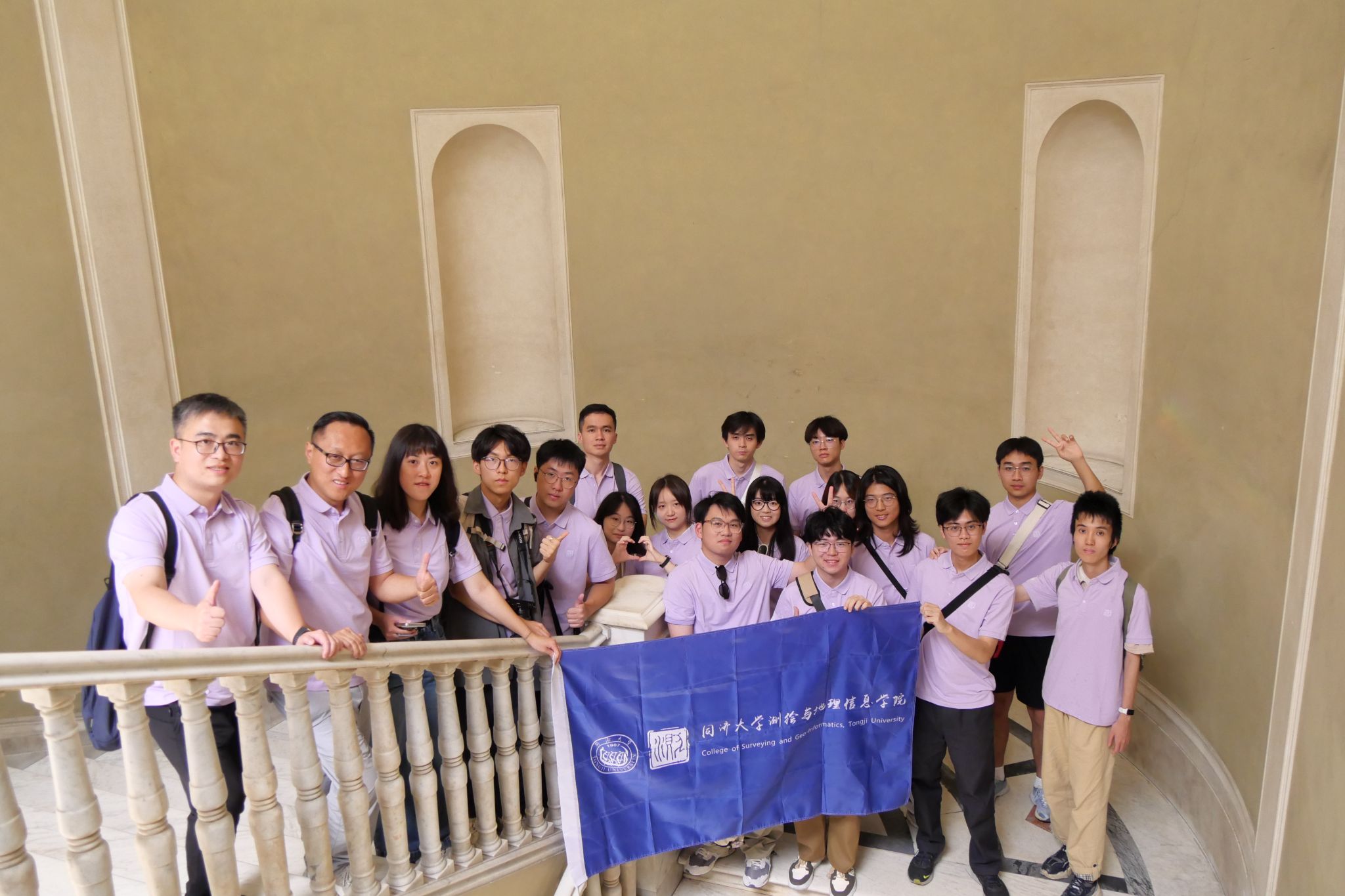
Academic Exchange: Wisdom Resonates Through Mediterranean Chapters
Learning transcended traditional classroom boundaries, unfolding in the corridors of the Uffizi Gallery, the courtyards of the Bargello Palace, and even amid the steam of a street-corner espresso.
Over the 10-day program, students completed four core courses: History of Italian Renaissance Art by Dr. Antonio Marras, Art and Technological Innovation in the Renaissance by Prof. Christiano Giometti, History of Science by Prof. Massimo Mazzoni, and Cultural Heritage Protection and Urban Regeneration by Arch. Daniela Smalzi. These courses offered multi-dimensional perspectives on Florence and the Renaissance, deepening students’ understanding of the interplay between science, technology, and artistic evolution. Instructors encouraged students to immerse themselves in the city, experiencing history firsthand through exploration.
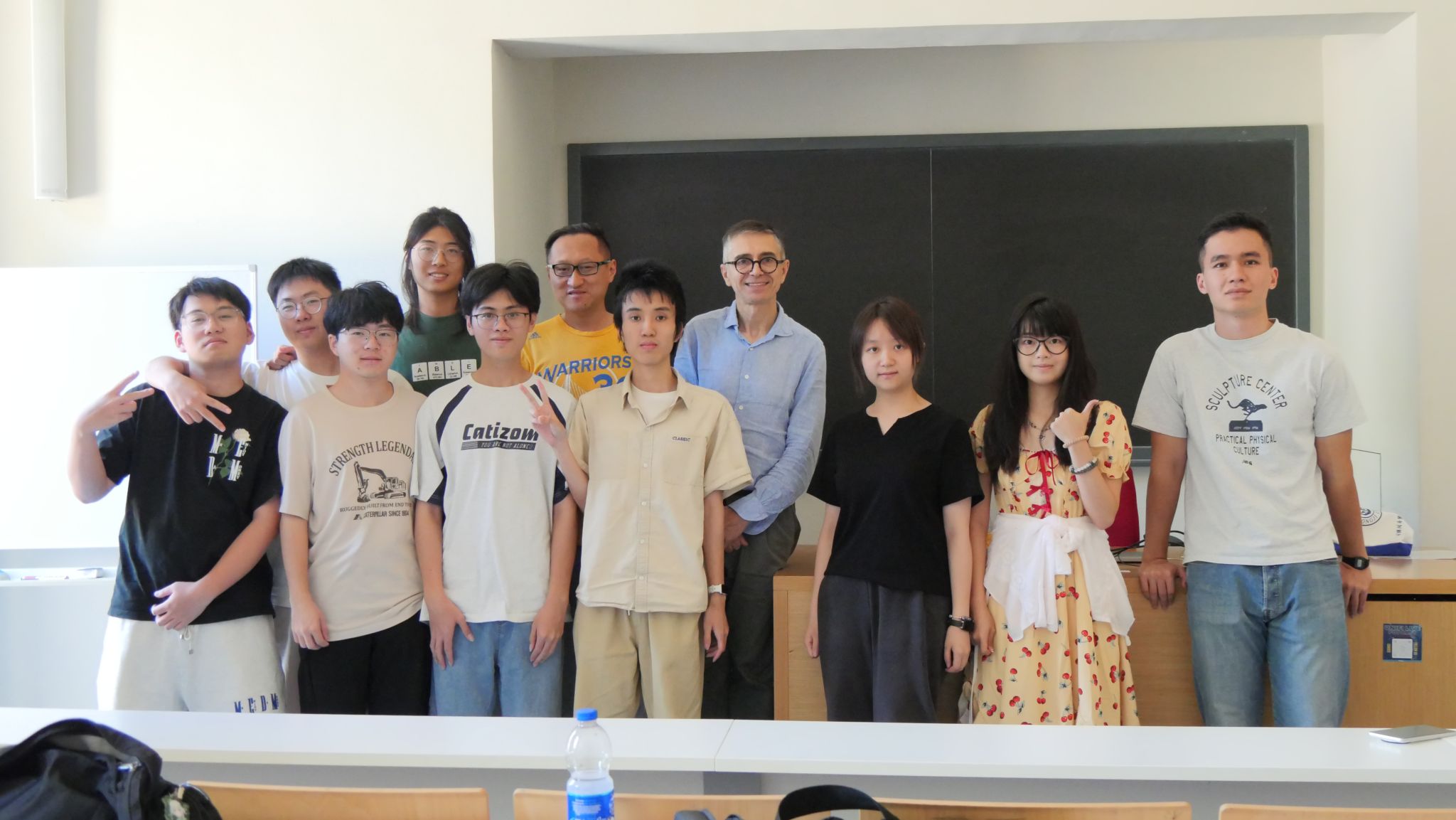
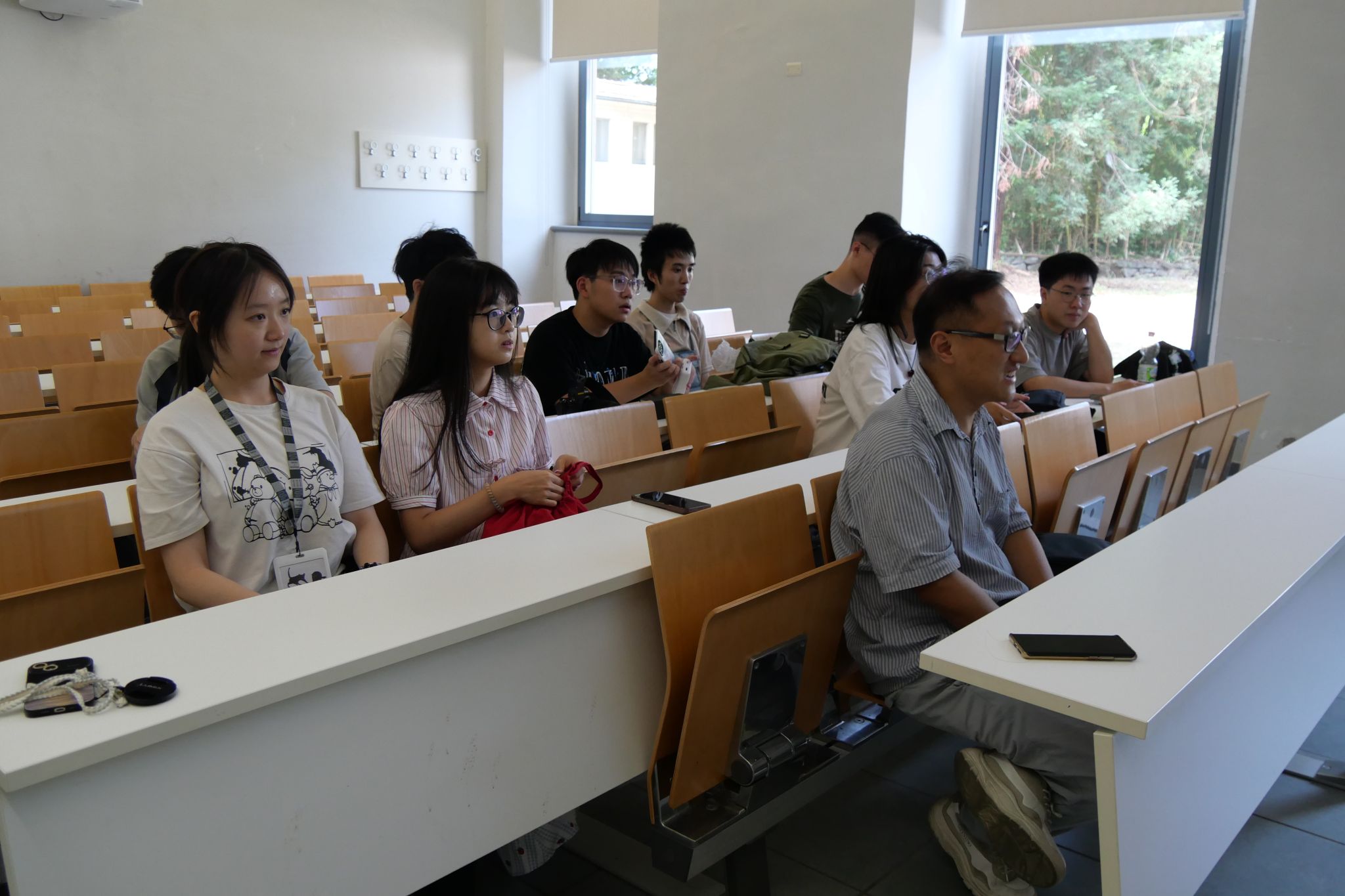
Guided by Dr. Anna Flavia Rosati, students explored the Palazzo Vecchio Square and Bargello Museum, where each sculpture and painting revealed its historical and cultural significance. At the Galileo Museum and La Specola Natural History Museum, exhibits illuminated the scientific brilliance of the era, demonstrating how art served as a catalyst for public enlightenment and scientific literacy.
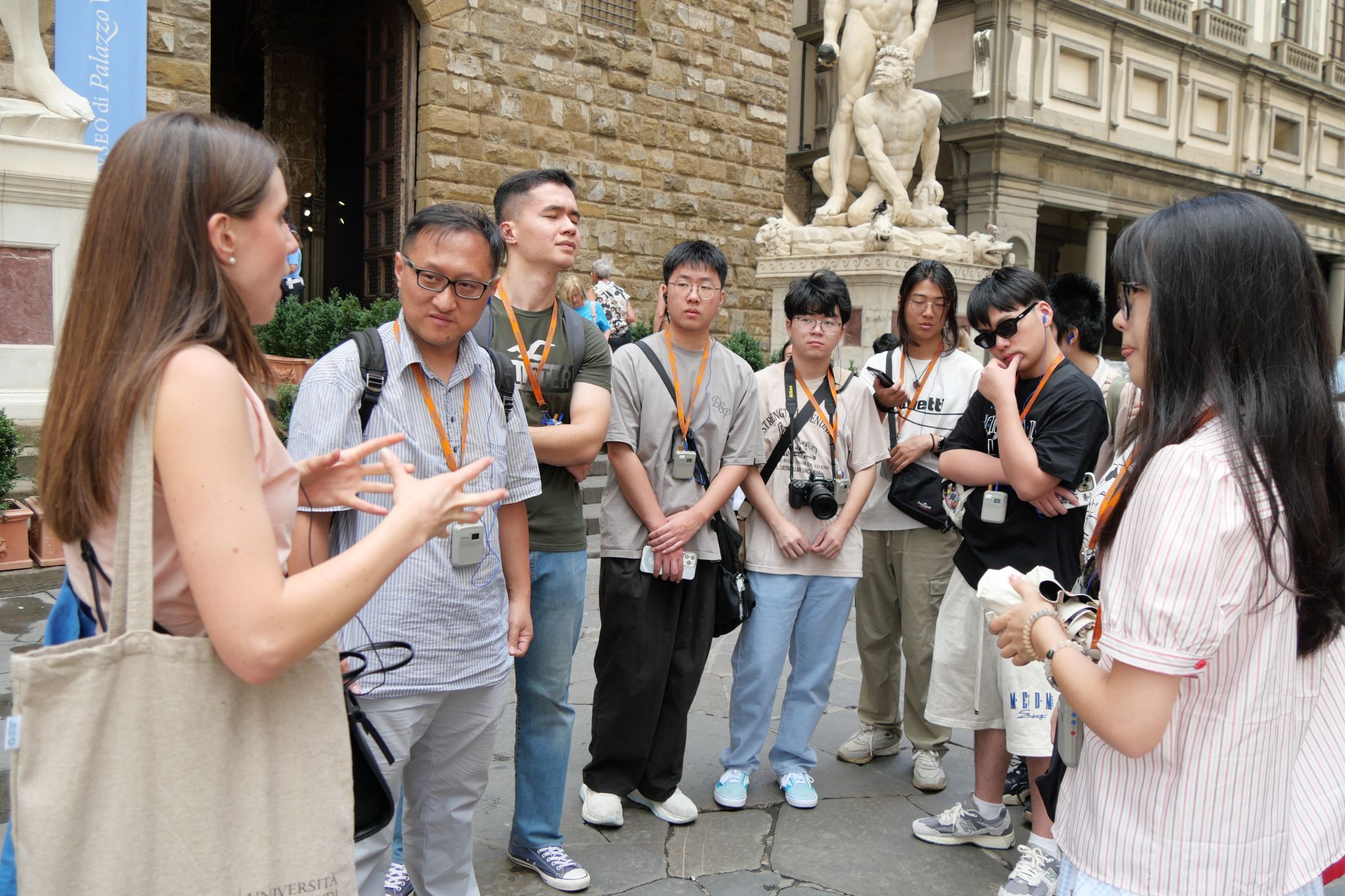
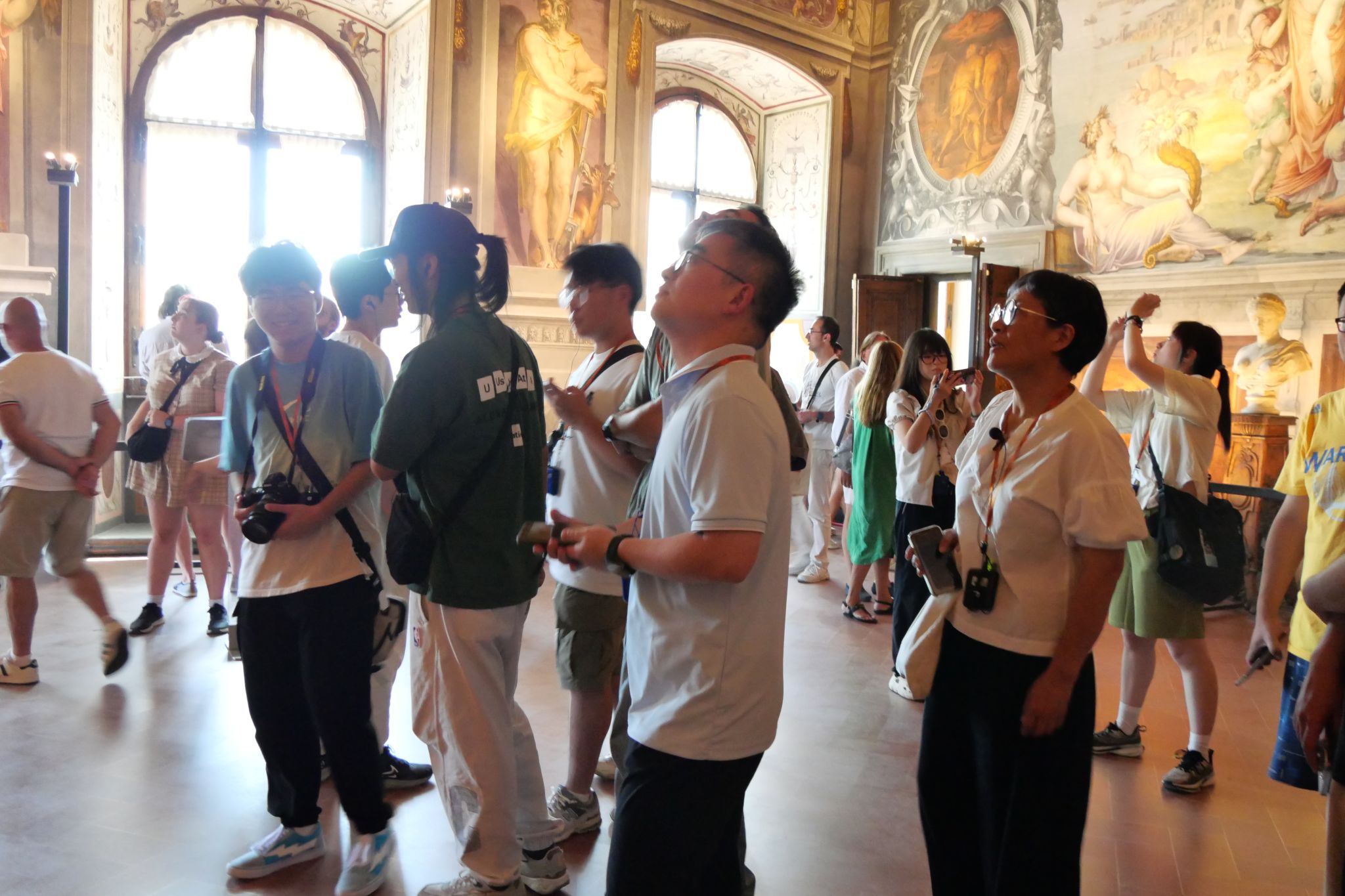
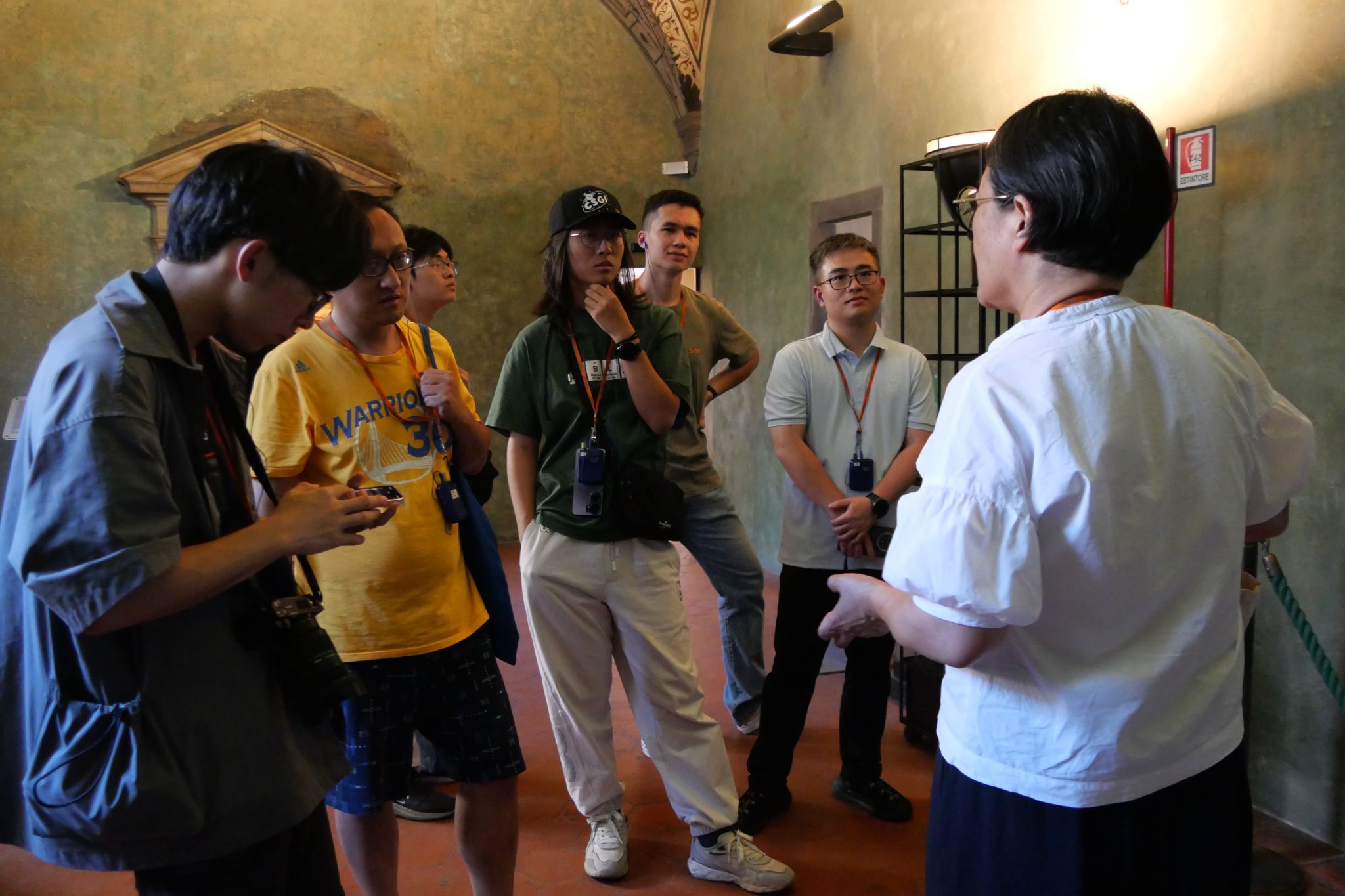
The delegation also visited the Earth Sciences Department of the University of Florence, engaging in academic exchanges with local faculty. Renowned for its expertise in geological exploration and environmental monitoring, the department shared cutting-edge research and practical experience in these fields. A focal point of discussion was disaster monitoring in ancient cities. Tongji students actively posed questions on technical challenges and data processing methods in this area, receiving detailed guidance from University of Florence professors, who also presented successful cases in historic city protection and disaster monitoring, including real-time geological and architectural safety monitoring through advanced technologies, as well as effective disaster early warning and response strategies.
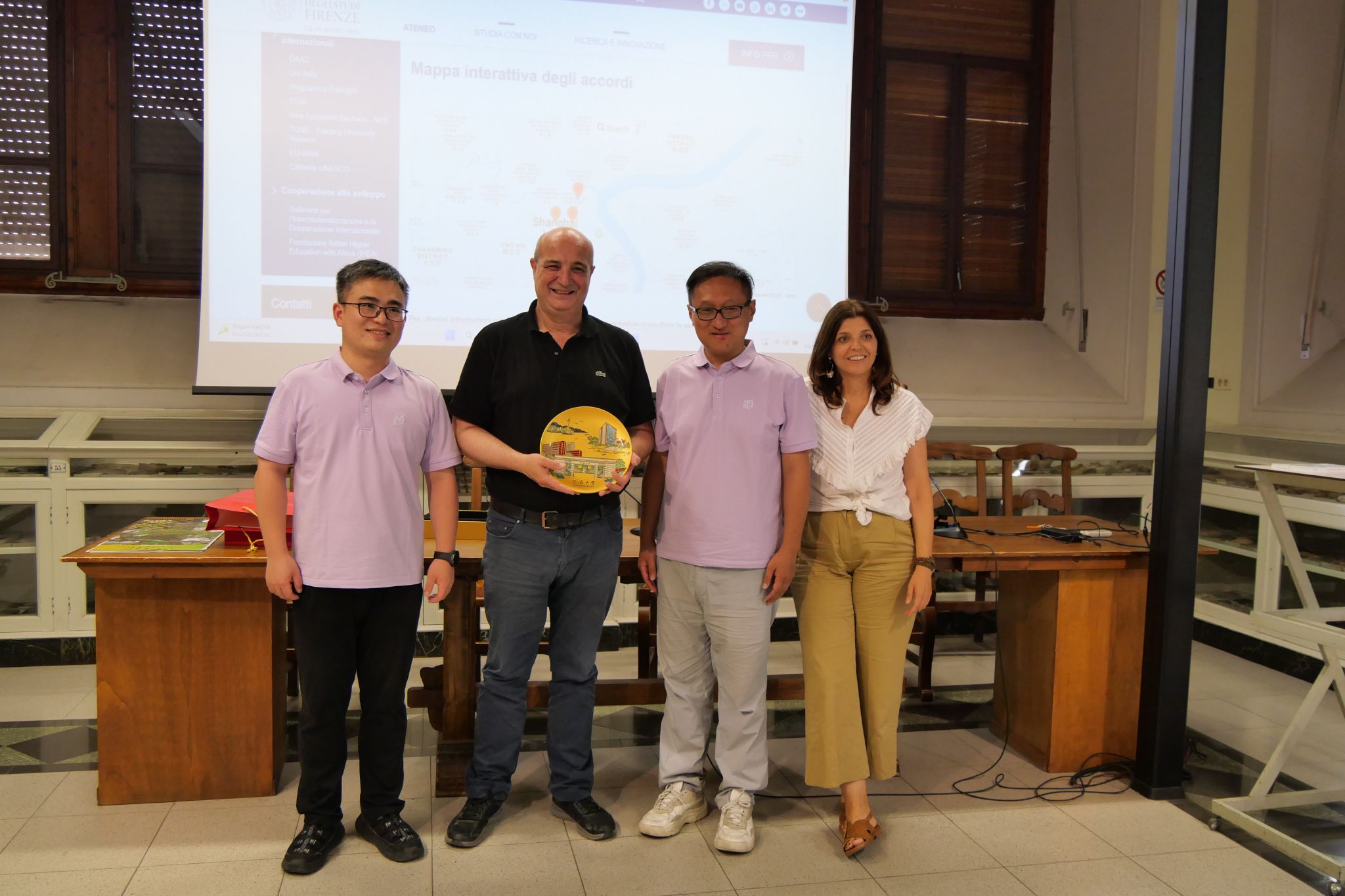
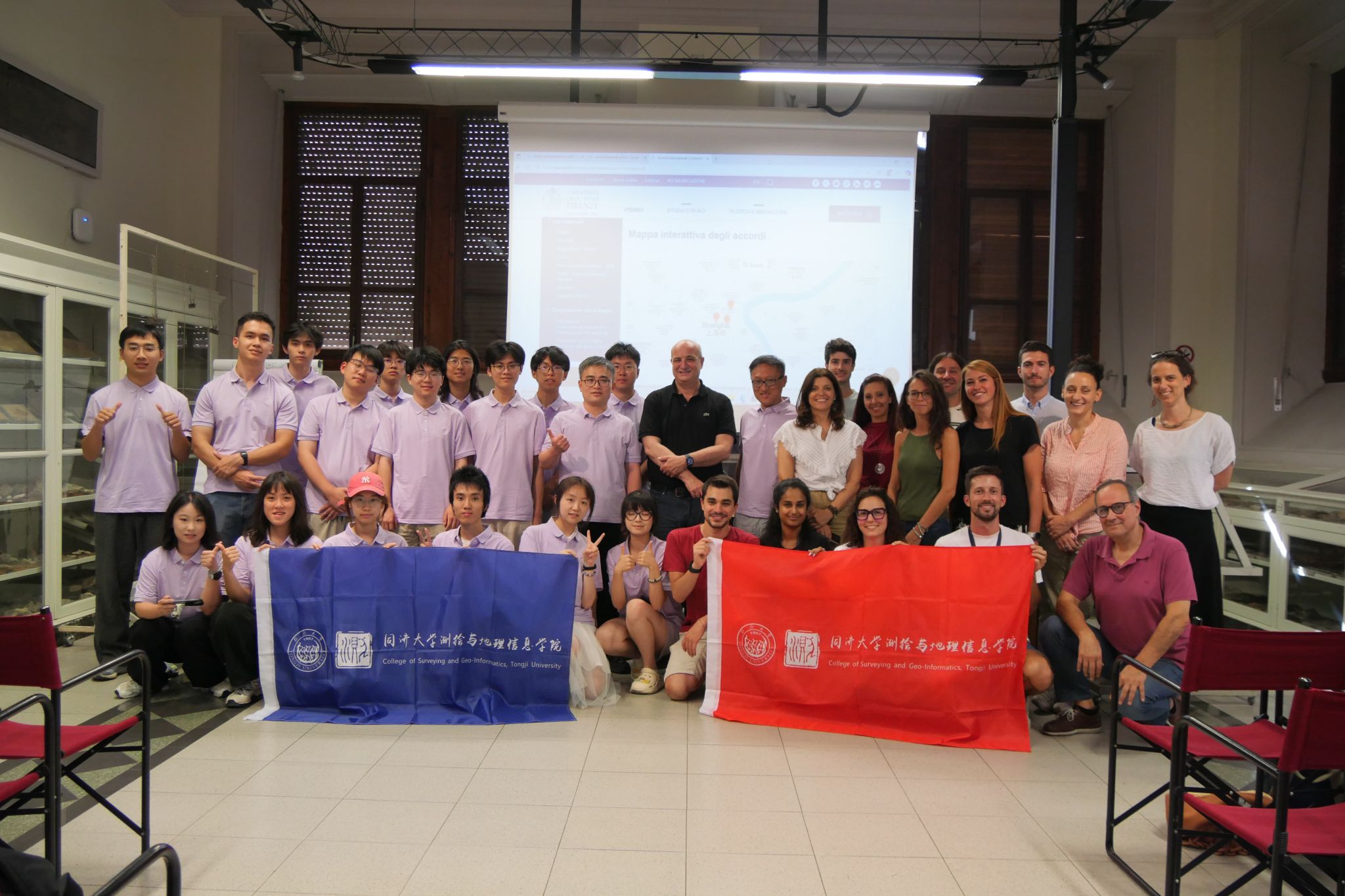
Urban Exploration: Decoding Renaissance Texture Through Surveying Eyes
Under the starlit sky of Piazza della Signoria, where streetlights were absent, a musician’s accordion rendition of O Sole Mio echoed through the square. Students instinctively raised their phones to capture the moment, only to find their lenses filled with the blurred silhouettes of laughter—a spontaneous testament to the joy of cultural immersion.
At the Galileo Museum, a 17th-century brass quadrant gleamed with understated elegance; in the Natural History Museum, lifelike animal specimens brought zoology and natural history to life. Sitting quietly before Galileo’s tomb, free from flash photography and the rush of "check-in" culture, students reflected on the serene legacy of a scientific giant. Dawn first bathed the dome of Santa Maria del Fiore in golden light, then danced across the ripples of the Arno River. At dusk, a stroll from Ponte Vecchio to Piazzale Michelangelo offered a panoramic view of the city’s terracotta roofs, rippling like waves in the evening light.
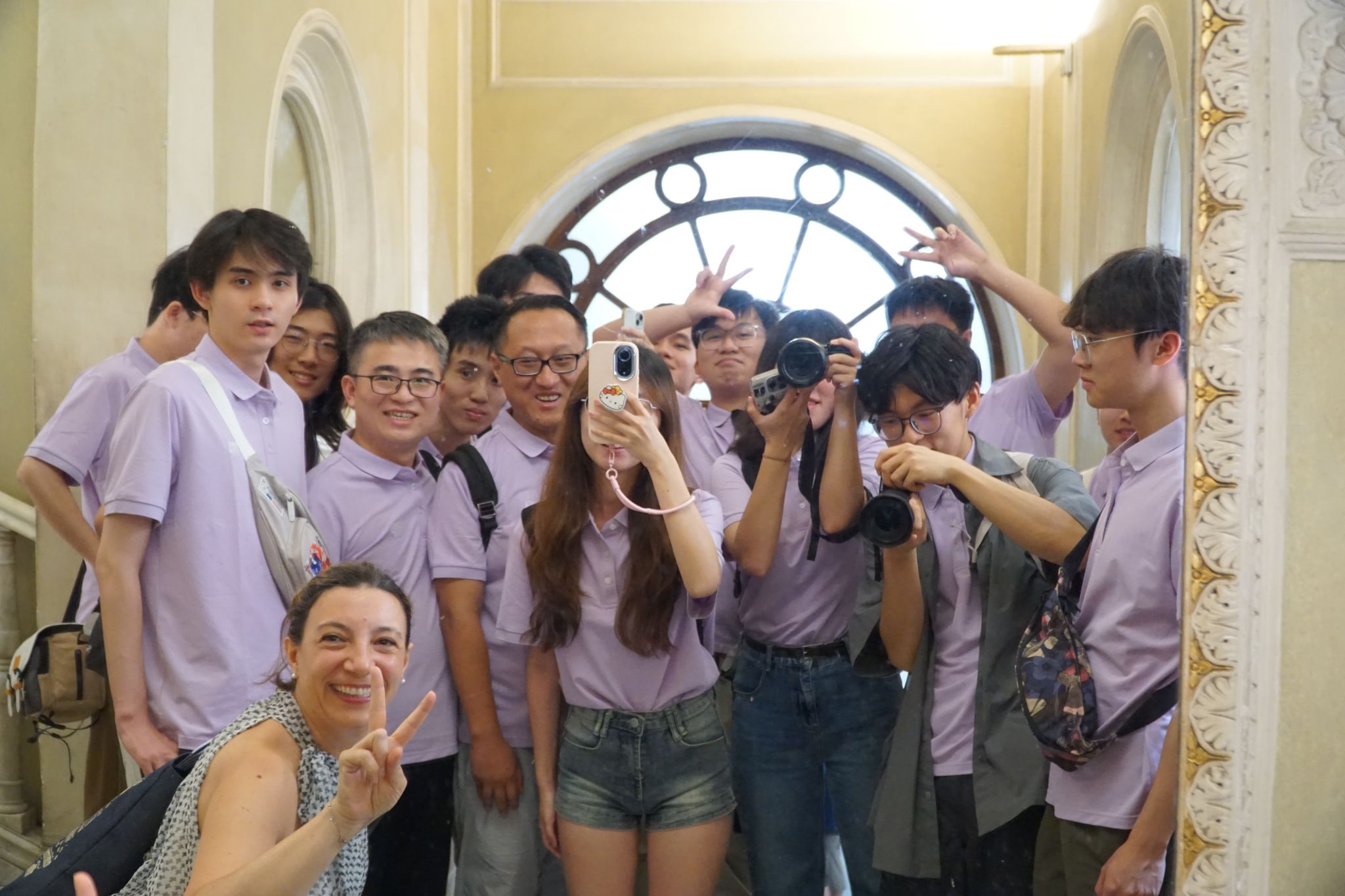
By integrating coursework with field investigations, the summer school program systematically enhanced students’ understanding of cultural heritage preservation, remote sensing monitoring, and related fields. It deepened collaboration between Chinese and Italian universities in digital cultural heritage protection, provided an international platform for academic exchange, and achieved dual improvements in students’ professional competence, cultural literacy, and practical skills.
